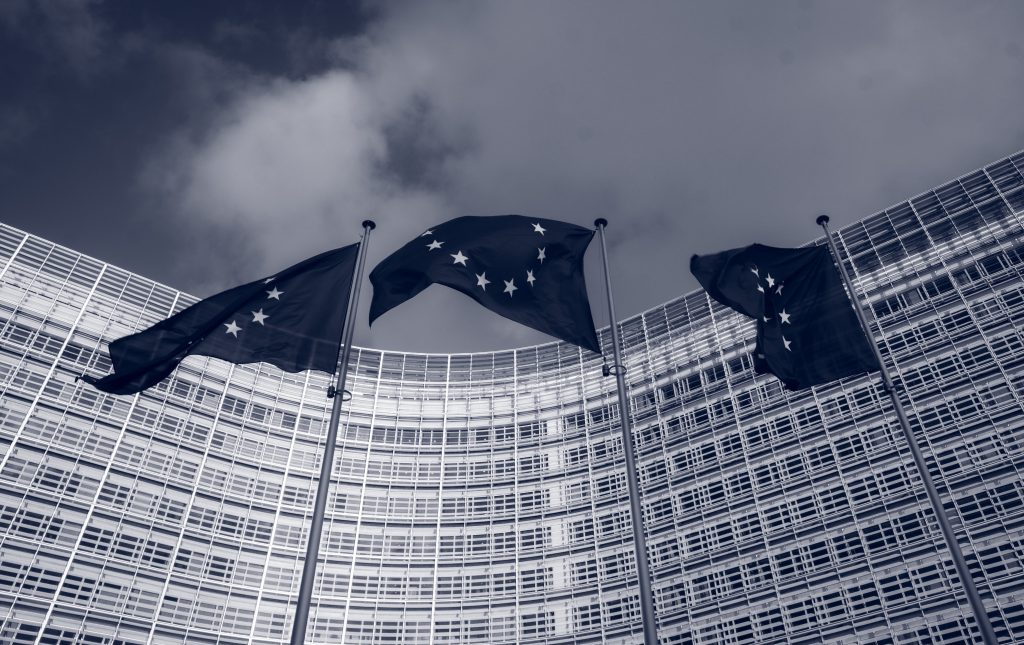New Zealand bans cigarettes for those born after 2008
14th Dec 2021

The New Zealand government plans to increase the legal smoking age every year – effectively banning the sale of cigarettes for those born after 2008.
The proposed legislation, which is expected to become law next year, would gradually raise the smoking age until it covers the entire population. The government announced the proposal alongside other measures that aim to reduce smoking levels in New Zealand across all ethnic groups. These include reducing the legal amount of nicotine in cigarettes and limiting the number of stores where cigarettes could be legally sold, without restricting the sale of e-cigarettes.
Aiming for a smoke free generation
The proposal was announced in Parliament on Thursday, with New Zealand’s associate health minister, Ayesha Verrall, calling it a “historic day for the health of our people”.
Creating a smoke free generation is part of the governments plan to reduce the prevalence of smoking to less than 5 % by 2025. Officials estimate that smoking takes the lives of 5,000 every year, accounting for 15 % of all deaths.
In the global race to eliminate tobacco smoking, New Zealand resorts to drastic measures. However, since 2015, the switch from cigarettes to e-cigarettes has steadily increased. We now see the same inverse association between smoking and harm-reduced products that’s seen in the U.K, Sweden, and Norway (with oral snus). With success on the way adopting a harm reduction approach, Haypp Group’s Head of Communications, Markus Lindblad, questions the drastic regulatory measures:
– We support The New Zealand government’s intention, but we believe that there are more effective and less intrusive measures to take. There is a high risk that illicit markets will scale up to fill the void where there should be a regulated marked. As proven in Norway and Sweden, a legal low-risk product market can effectively eliminate smoking without prohibition.





